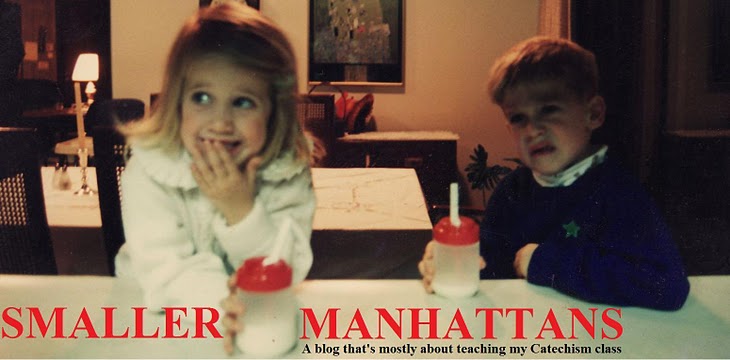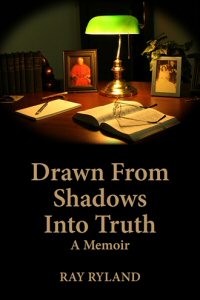This post links to Convert Journal
not appreciating the cosmicness of it all
I was at lunch with my father earlier this week, we were discussing a favorite subject: God. Somehow we got around to contraception, and that in neither of our marriages was there any contraception, natural or artificial. We reflected on how much less our marriages would be if we had contracepted, and why that was so. This led to me pinpointing when in my life I embraced the idea that God was completely interested in, and aware of, every hair on my head. That God loved me personally, infinitely and uniquely. Such that now, decades later, I accept it like I accept gravity: a done deal.
I was in my early 30s when my understanding of God-stuff and Science-stuff merged into just Stuff, my own Grand Unified Theory. That is, it seemed to me as though all knowledge pointed toward God, and that lumping it all together worked better than keeping it in separate boxes. On the science-side I was especially prodded by Einstein's wonderful equation E = mc². It essentially says that Energy and Mass are interchangeable. Einstein said Energy and Mass are "manifestations of the same thing," sort of like 1 gallon = 4 quarts; or 1 kilo of ice = 1 kilo of water. That fit in well with something I read (I think it was in Hawking's A Brief history of Time) about the first moments of the Big Bang, when the universe was a small, hot, dense, churning continuum of matter and energy, both and neither at the same time. What is colloquially referred to as massergy.
So matter is a manifestation of energy; and I believe the source of that energy is God. And that God created the physical universe through some energy manifesting the characteristics of matter. That's why there was Light before there was the Sun or the Moon: first the Energy, then the Matter. Which reminds me on the religion side that Dante described the energy of the Universe as "L'amor che move il sole e l'altre stelle/ the love that moves the sun and the other stars."
You may also recall that at every step of Creation, God saw that it was good, at least until He noticed Adam lacked a wife. Why was it all good? Like Dante, I believe it's because the energy of the Universe is Love. That is, the Universe is 100% composed of God's love. Not love as how one feels, but love as a force; the generative force that sustains the Universe; the force that we may also understand as gravity or magnetism or light. Or as a rock. Or a drop of water. Or a hair on my head.
God is typically described as omniscient, omnipresent, omnipotent, and omnibenevolent; and in that order. I'm more inclined to put all-benevolent/ all-good/ all-loving first. Why? Because God could have the first 3 qualities and not be moved to create a single thing. God's all-loving nature manifested itself as Creation; that is, God "thought" love, and Creation resulted. Why, I bet Einstein would agree with me that Love and Creation are "manifestations of the same thing." Put in Catechism class terms, Love Creates. Where there is Love, there is Creation. And where there isn't, there isn't. Think of Satan. He hates being made of, and sustained by, God's love. And he doesn't create a single good thing.
We also know from Genesis, and from simply being alive, that God shares with us humans the ability to love, so we create too. He gave Eve to Adam, and our quintessential creativity channels through married love: babies. So for us to contracept is to profoundly push against the entire loving-creative raison d'être of the Universe, its very fabric; and our own loving-creative natures, which we among all creatures uniquely share with God.









